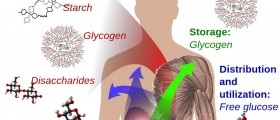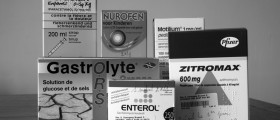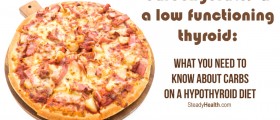during the formation of the end products of fermentation pathways, NADH is oxidised to NAD+. Why is this essential for the cell? explain and compare how NAD+ is oxidised and reduced in aerobic and anaerobic chemoheterotrophs and chemolithotrophs.
Loading...
The main role of NAD+ in metabolism is the transfer of electrons from one redox reaction to another. The redox reactions catalyzed by oxidoreductases are vital in all parts of metabolism, but one particularly important area where these reactions occur is in the release of energy from nutrients. Here, reduced compounds such as glucose are oxidized, thereby releasing energy. This energy is transferred to NAD+ by reduction to NADH, as part of glycolysis and the citric acid cycle.
Loading...














